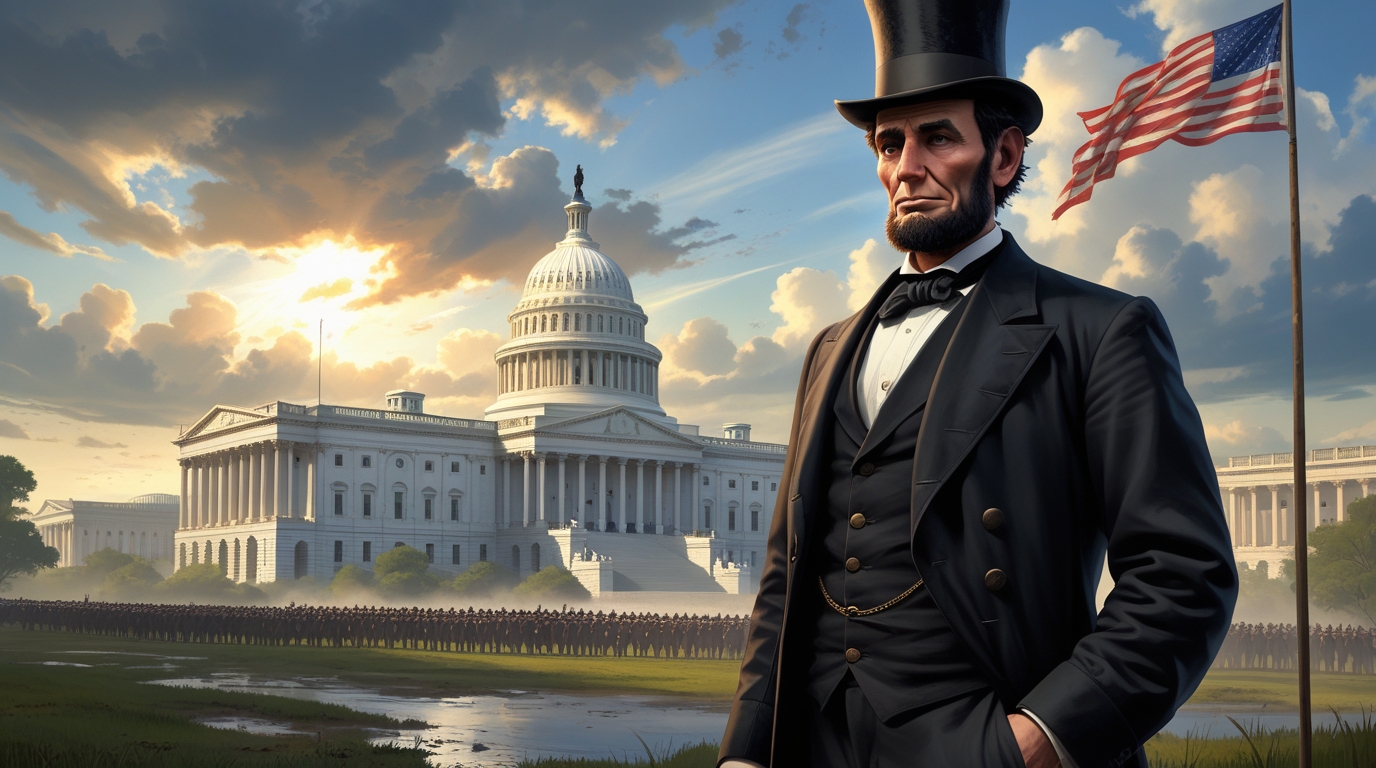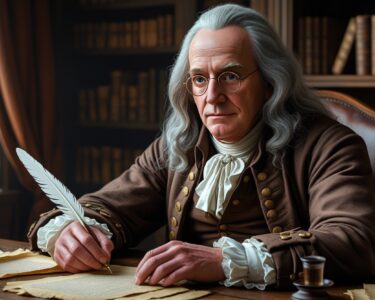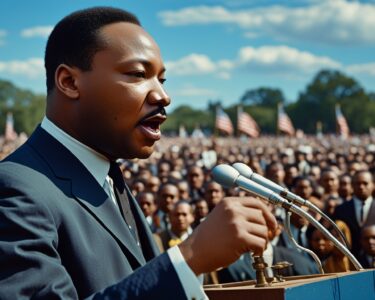Abraham Lincoln is one of the foremost famous and regarded figures in American history. Known for his authority amid the Respectful War and for finishing subjugation, Lincoln’s story is one of strength, assurance, and ethical strength. From humble beginnings to the White House, his life proceeds to motivate eras.
Early Life and Humble Roots
Abraham Lincoln was born on February 12, 1809, in a little log cabin in Hardin Province, Kentucky (presently LaRue District). His guardians, Thomas and Nancy Lincoln, were destitute ranchers. Lincoln’s early a long time were stamped by hardship. When he was fair nine a long time ancient, his mother passed on of drain ailment, and his father afterward remarried a kind lady named Sarah Bush Johnston, who energized youthful Abraham to studied and learn.
In spite of constrained formal education—less than a year in total—Lincoln had a profound cherish for books. He regularly strolled miles to borrow them and went through hours perusing by candlelight. This self-taught boy would go on to become one of the foremost persuasive speakers and masterminds in American history.
Beginning His Career
As a youthful man, Lincoln worked a assortment of jobs—rail-splitter, store receptionist, postmaster, and surveyor. He inevitably examined law on his own and got to be a authorized lawyer in 1836. At the same time, he entered legislative issues, winning a situate within the Illinois State Governing body in 1834 as a part of the Whig Party.
Lincoln’s notoriety as an fair and mindful pioneer developed. He earned the moniker “Honest Abe” since of his judgment. In 1842, he hitched Mary Todd, a well-educated lady from a regarded Kentucky family. Together, they had four children, in spite of the fact that as it were one—Robert Todd Lincoln—survived into adulthood.
Political Rise and the Battle Against Subjugation
Lincoln served a single term within the U.S. House of Agents from 1847 to 1849. He returned to law for a whereas, but developing pressures over subjugation before long pulled him back into legislative issues. In 1854, the Kansas-Nebraska Act, which permitted unused domains to choose whether to permit subjugation, reignited the national wrangle about.
Lincoln was immovably against the development of servitude. His effective speeches—including his popular “House Divided” discourse in 1858—made him a national figure. In spite of the fact that he misplaced a Senate race to Stephen A. Douglas, his wrangles about with Douglas showcased Lincoln’s clear, ethical position on subjugation.
Chosen President in a Separated Country
In 1860, Lincoln ran for president as the candidate of the recently shaped Republican Party. He won the decision without carrying a single Southern state, which appeared fair how separated the country had gotten to be. His race driven a few Southern states to withdraw from the Union, dreading he would nullify subjugation.
In April 1861, the Respectful War started when Accomplice powers assaulted Post Sumter. As president, Lincoln confronted the colossal challenge of protecting the Union whereas managing with the bloodiest struggle in American history.
The Respectful War and Liberation
All through the Respectful War, Lincoln appeared surprising administration. He accepted the Union must be protected at all costs, but over time, he too made finishing subjugation a central objective of the war.
On January 1, 1863, he issued the Liberation Decree, announcing that all subjugated individuals in Accomplice states were free. This moved the war’s center to a ethical battle for human opportunity and permitted Dark men to connect the Union Armed force.
Lincoln too pushed for the Thirteenth Revision, which annulled servitude completely within the Joined together States. It passed in Congress in early 1865, fair months some time recently the war finished.
The Gettysburg Address and Authority Fashion
In November 1863, Lincoln conveyed the Gettysburg Address, one of the foremost popular addresses in American history. In fair 272 words, he honored the fallen officers and reaffirmed the standards of freedom and majority rule government.
Lincoln’s authority fashion was astute, humble, and profoundly ethical. He frequently looked for counsel from others, indeed those who oppose this idea with him. He was known for his narrating, sharp wit, and capacity to associate with conventional individuals.
Death and Bequest
Appallingly, fair days after the Respectful War finished, Lincoln was killed. On April 14, 1865, whereas going to a play at Ford’s Theater in Washington, D.C., he was shot by John Wilkes Booth, a Accomplice sympathizer. Lincoln passed on the another morning, taking off the country in grieving.
In spite of his less than ideal passing, Lincoln’s bequest lived on. He is recalled as the president who protected the Union, finished subjugation, and maintained the values of majority rule government. Landmarks, schools, and cities over the nation bear his title, and he remains a image of genuineness, tirelessness, and equity.
Conclusion:
A Life That Changed a Country
Abraham Lincoln rose from a destitute cultivate boy to ended up one of the foremost imperative pioneers in world history. His mettle amid America’s darkest hour, his faithful ethical compass, and his conviction within the essential rights of all individuals make him a genuine American saint. His story reminds us that anybody, no matter how humble their beginnings, can make a enduring affect on the world.





